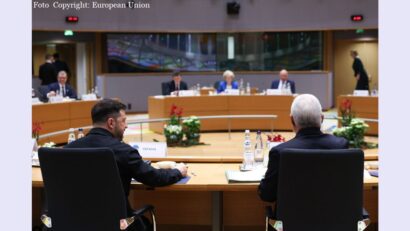COVID: vaccine and volunteering
Romania is trying to cope with the coronavirus pandemic until a safe and effective vaccine is developed.

Eugen Coroianu, 04.11.2020, 14:00
Against the background of new negative records in terms of daily infections with the novel coronavirus, Romanian authorities are looking for solutions to slow down the pandemic, hoping that a vaccine will be developed soon. After a meeting with a number of health experts, President Klaus Iohannis said that the first doses may be received by Romania in the first months of 2021. Health workers and people at highest risk of the disease will be the first immunized.
Klaus Iohannis: ”Romania is part of the accords signed by the European Commission for the supply of vaccines against Covid-19, when available. The country will be allocated over 10 million doses. Given the high demand worldwide and the rather low production capacity, the vaccine will be allocated to the European countries in several stages. Best case scenario, Romania will receive the first transport in the first quarter of 2021. The vaccination of the whole population will start next spring at the soonest.”
President Klaus Iohannis also said that there is no reason to declare a state of emergency yet, but that it is hard to predict what happens next. He went on to say that restrictions in place, aimed at limiting the spread of the virus, are effective and that, in their absence, the healthcare systems in Romania and Europe could have not coped with the disease. The head of state also said that postponing the parliamentary elections due on December 6 is not an option, and he gave the example of the US, a country even more affected by the pandemic than Romania, that has just held presidential elections.
Meanwhile, the medical system and the authorities are being supported by the civil society, by means of volunteers. In Bucharest, for instance, 250 students, of whom 150 medical students, will be present every day in two centers coordinated by the Bucharest Prefect’s Office, to conduct epidemiological investigations over the phone. In his turn, Prime Minister Ludovic Orban thanked the volunteers, saying they do an extraordinary thing. 2nd and 3rd year students with the Medical-Military Institute will also do volunteer work at the call-centers of the Public Health Departments, while 4th, 5th and 6th year students will work in military hospitals across the country, in Covid hospitals or in support hospitals. In the city of Cluj, in northwestern Romania, 100 medical students volunteered to carry out epidemiological investigations. On Tuesday, around 100 employees with the medical system protested in Bucharest against the Government’s lack of reaction to the appeals for financial and logistic support and for additional staff, required by the SANITAS trade union federation. (Translated by Elena Enache)






























